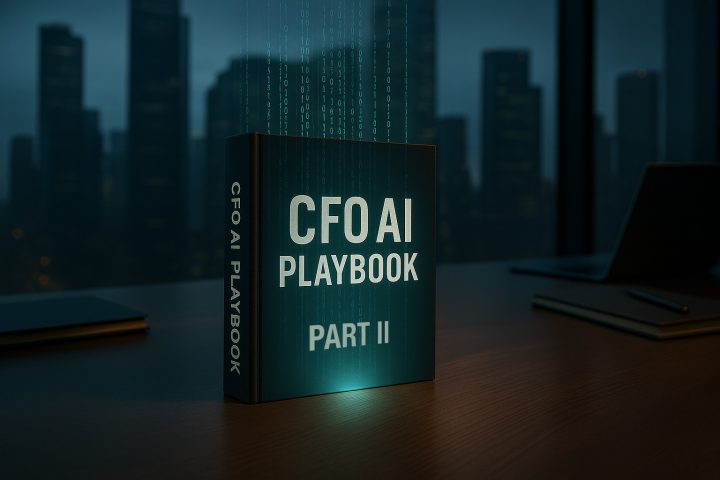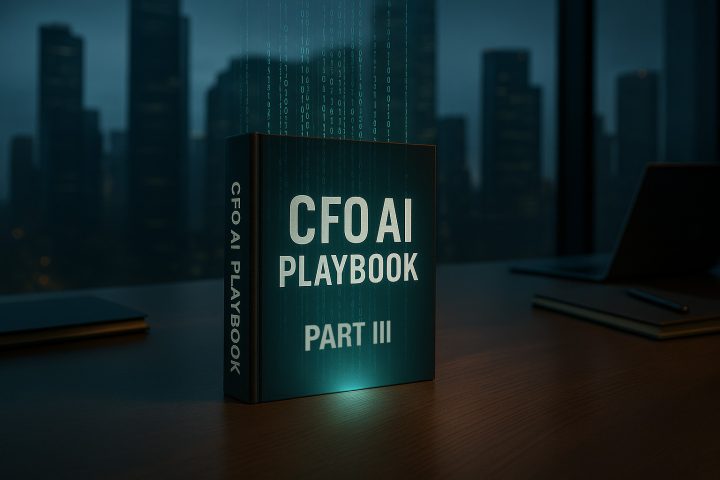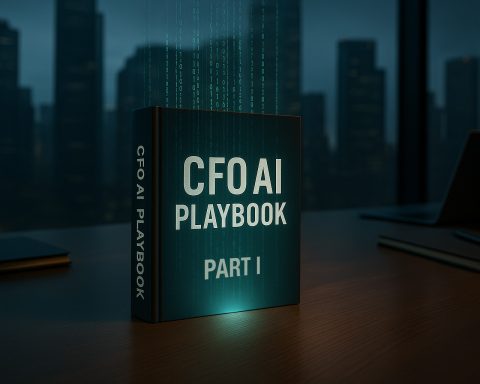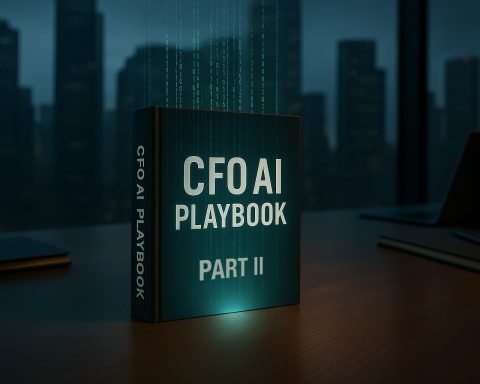When I wrote “The Great Talent Paradox,” I opened the door to a conversation many hiring leaders have felt but struggled to articulate. There is a persistent and growing disconnect between what companies say they need and what they are willing to engage with in the hiring process. Now, with the emergence of AI-generated job applicants infiltrating the system, it is time to step even further into this conversation and call out what is really happening.
A recent CNBC article reported that tech executives are witnessing a disturbing rise in the number of fake job seekers who are using generative AI tools to apply and even interview for remote roles. These applicants submit sophisticated résumés, pass pre-recorded interviews using AI-generated avatars or synthetic voices, and then disappear after receiving job offers. Some are reportedly subcontracting the work out, while others simply ghost after the offer letter.
At first glance, this sounds like an outlandish tech-age phenomenon, a small glitch in the hiring matrix. But for those of us who live and breathe the realities of modern hiring, it is anything but random. This is the logical, if unsettling, evolution of a job market that has for years deprioritized human connection in favor of speed, efficiency, and automation.
This is not just about fake applicants. This is about a growing erosion of trust, fueled by a system that has long valued process over people.
What Is Really Broken Here?
It is easy to blame bad actors, and sure, plenty of those exist, but if we stop there, we miss the deeper truth. This AI job seeker phenomenon did not appear in a vacuum. It is the byproduct of years of inefficiency, opacity, and over-automation in recruiting processes.
Let us break it down:
- Job seekers are burned out. They are sending out hundreds of applications, getting ghosted, and receiving auto-rejections in under a minute. It is no wonder some turn to automation just to level the playing field.
- Hiring teams are overwhelmed. Recruiters are drowning in résumés and leaning heavily on keyword filters, AI screeners, and video pre-screens. The human connection, where true fit is felt, has been eroded.
- Remote work has amplified the noise. Every role is now a global role. Post a job and get flooded with over a thousand applications overnight. Many are not real. Some are automated. A few are dangerously deceptive.
The result? Everyone is playing defense. Candidates game the system with AI-generated cover letters. Employers counter with AI-driven vetting tools. It is an arms race of inauthenticity.
And with that noise, great people are getting missed.
Automation Has Outpaced Intention
We cannot pin this issue on a few rogue actors exploiting AI tools. That would be the easy answer. Instead, we have to own the fact that the hiring system itself has made room for this kind of behavior.
Candidates today are facing a grueling and often dehumanizing journey. They navigate labyrinthine application systems, get ghosted after multi-round interviews, and are routinely rejected by algorithms before a human even sees their name. In response, some are fighting fire with fire, using the same AI tools that recruiters and HR platforms use to eliminate them.
It is not ethical, but it is understandable. They are simply mirroring back what the system has trained them to do.
On the employer side, talent acquisition teams are burdened with overwhelming applicant volume. They rely on filters and automation to keep up, yet that very approach is helping create the problem they are trying to solve. When remote work turns every job into a global competition, the sheer number of applicants becomes unmanageable. The automation intensifies and creates more distance between humans and outcomes.
The result? A paradox deepened, and a crisis of authenticity.
The Trust Gap Widens
In The Great Talent Paradox, I wrote about the countless seasoned professionals who are overlooked in favor of trendier profiles or algorithmic matches. These people have genuine experience, real impact, and real value. In a hiring system obsessed with optimization, they are often invisible.
Now, with AI-generated fraud growing, employers are implementing even stricter screening methods. That does not just weed out the fakes, it also eliminates the honest candidates who do not fit neat algorithmic molds.
This is a hiring system that is no longer evaluating talent, instead it is protecting itself from liability. Systems guarding against deception with more layers of impersonal filtering are in fact perpetuating the very problem they hope to solve.
Leadership Cannot Outsource Discernment
If you are leading a company, a team, or even a single function, you cannot look away from this moment. Hiring is not an HR issue; it is a leadership issue. Right now, leaders must take ownership of the hiring process from the automation-first culture that has overtaken it.
Ask yourself the tough questions:
- Are we hiring people, or are we hiring keywords?
- Are our systems filtering for excellence, or filtering out complexity?
- Have we allowed efficiency to replace discernment?
The quality of your team reflects the quality of your hiring decisions. If those decisions are outsourced to software that cannot interpret grit, potential, or context, you are not hiring leaders. You are hiring résumés that fit a formula.
This does not mean abandoning tools. It means balancing them with judgment, presence, and participation. It means showing up in interviews, reading between the lines of a candidate’s journey, and understanding that not every strong contributor fits into a template.
Remote Work Is Not the Problem
Some executives in the CNBC article pointed to remote work as the root of the issue. Remote work is not the villain here, it simply magnifies the flaws in a process that was already broken.
Blaming remote work for fake candidates is like blaming the internet for misinformation. Yes, it creates opportunity but the real issue lies in how systems are designed and managed.
Remote hiring can work. It requires intentionality, clarity, accountability, and most importantly, it requires leaders to invest time and attention into the hiring process. Intention cannot be automated.
To the Real Candidates: Keep Showing Up
If you are a job seeker navigating this mess, do not give up your humanity to match the noise. You may be overlooked. You may be filtered out unfairly. You do not need to become artificial to be noticed.
Focus on clarity. Be direct. Follow up with intention. Tell your story with substance, not fluff. You only need one leader to pay attention, and if they do not, you do not want to work for them anyway.
The truth is, there are companies and leaders out there who are still hiring with integrity. Keep showing up until you find them. The long game is a better solution.
The Most Disruptive Thing You Can Do Right Now
In a world chasing speed and automation, the most disruptive act is to slow down and be real. That goes for companies, candidates, recruiters, founders, and executives alike.
If you believe this matters, share it. If you have been quiet while your company outsourced its hiring culture, speak up. If you are leading a team, talk to your recruiters, and ask to be part of the next interview loop.
And if someone in your network has been searching for work for longer than makes sense, reach out. Ask how they are really doing.
The next generation of hiring will not be built on better bots, instead it will be built by better humans.






















